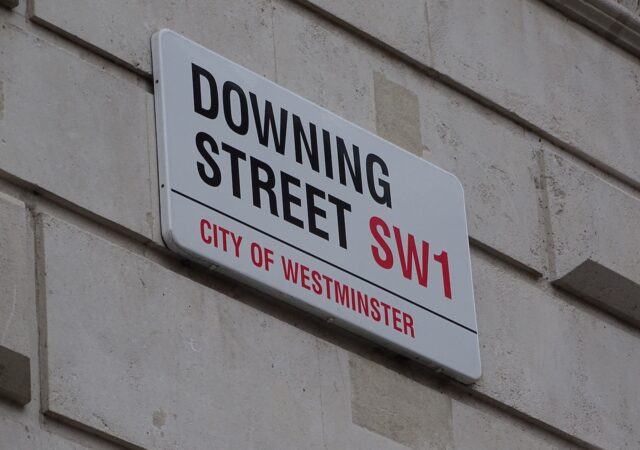[vc_row][vc_column][vc_column_text]Are you and your family claiming Child Benefit correctly? If not, you could be missing out on precious National Insurance (NI) credits that count towards your full State Pension.
In this article, Acumen highlights the benefits of obtaining Child Benefit in 2024 and explains how claiming can actually boost your pension prospects in the long run.

Child Benefit eligibility – is it worth it?
Through the course of our conversations with clients, it’s become very apparent to us that the subject of Child Benefit eligibility for high-earning households is the cause of much confusion and consternation.
The question we often hear as a result of this system is: “What’s the point?”
It’s a fair question, but our answer is unwavering: If you want to access the State Pension in retirement, you need to claim the Child Benefit.
Do you get National Insurance credits when you claim Child Benefit?
Yes. Yes. YES! We cannot emphasise this enough.
It is extremely important to claim Child Benefit because the benefits far outweigh the perceived hassle. If either partner opts to be a stay-at-home parent, it’s essential that they claim for Child Benefit.
Although you might not enjoy the monetary value in the short term, claiming for the benefit gives that partner NI credits that contribute towards their State Pension.
The importance of Child Benefit National Insurance credit
Home Responsibilities Protection (HRP) was a government scheme that was introduced to safeguard stay-at-home parents.
“The idea was that if you were at home with young children and claiming child benefit you would still get a contribution towards your National Insurance record,” says Angela Maher, Managing Director at Acumen.
“In other words, you wouldn’t be penalised for being a stay-at-home mum or dad and you wouldn’t lose the credits towards your State Pension.”
The scrapping of HRP in 2010, followed by the introduction of the High Income Child Benefit Charge (HICBC) in 2013 by then-Chancellor George Osbourne, muddied the waters for parents.
However, 11 years on, the taxation rules around the Child Benefit threshold have now changed.
Changes to the High Income Child Benefit Charge (HICBC)
Former Chancellor Jeremy Hunt announced in his Spring Budget that the HICBC threshold would increase from £50,000 to £60,000 from 6 April 2024. He also halved the HICBC taper; the amount withdrawn for incomes over the threshold.
This means that anyone with a “net adjusted income” (including interest from savings and dividends) between £60,000 and £80,000 has to pay back one per cent for every £200 of income that exceeds £60,000.
The higher Child Benefit threshold is forecasted to take 170,000 families out of paying the HICBC. Meanwhile, the higher taper could help nearly half a million families with children to save an average of £1,300 next year.
If anyone in a household has a salary of more than £80,000 before tax, they’re required to pay back any claimed Child Benefit in full as Income Tax. In effect, one cancels out the other.
Lower earners and stay-at-home parents penalised
Based on these parameters, it might seem like the logical option to not claim for Child Benefit as a higher-earner, especially given the paperwork involved.
However, the knock-on effect is that this course of action penalises the lower earner or stay-at-home parent with a gap in their NI contributions.
To claim a full state pension, you currently need 35 years’ worth of NI credits or contributions (this has increased from 30 years). This is where Child Benefit comes in.
‘People are slipping through the net’
Putting the resultant admin to one side, the crucial thing to bear in mind is that higher earners are no worse off for claiming Child Benefit.
However, trying to avoid additional taxation can – and will – leave their partner worse off in retirement.
“People think that there is no point in claiming Child Benefit and then having it clawed back through a tax charge,” says Angela. “But there is because it’s the only way to get that credit for your State Pension.
“It’s hugely important and it’s not being properly explained. It’s quite a complicated system now and people are slipping through the net,” she adds.
Get Child Benefit advice at Acumen
Don’t let your NI contributions slip through the net. Speak to the team at Acumen Financial Partnership for advice and guidance regarding your own financial situation.
You can see if you are eligible for Child Benefit using HMRC’s Child Benefit Tax Calculator.
For further guidance, speak to one of our IFAs today on 0151 520 4353 or email [email protected].
NB: This blog was first published on 7 May 2019 and has since been updated to provide the most accurate and up-to-date information available following changes to government policy.[/vc_column_text][/vc_column][/vc_row]


